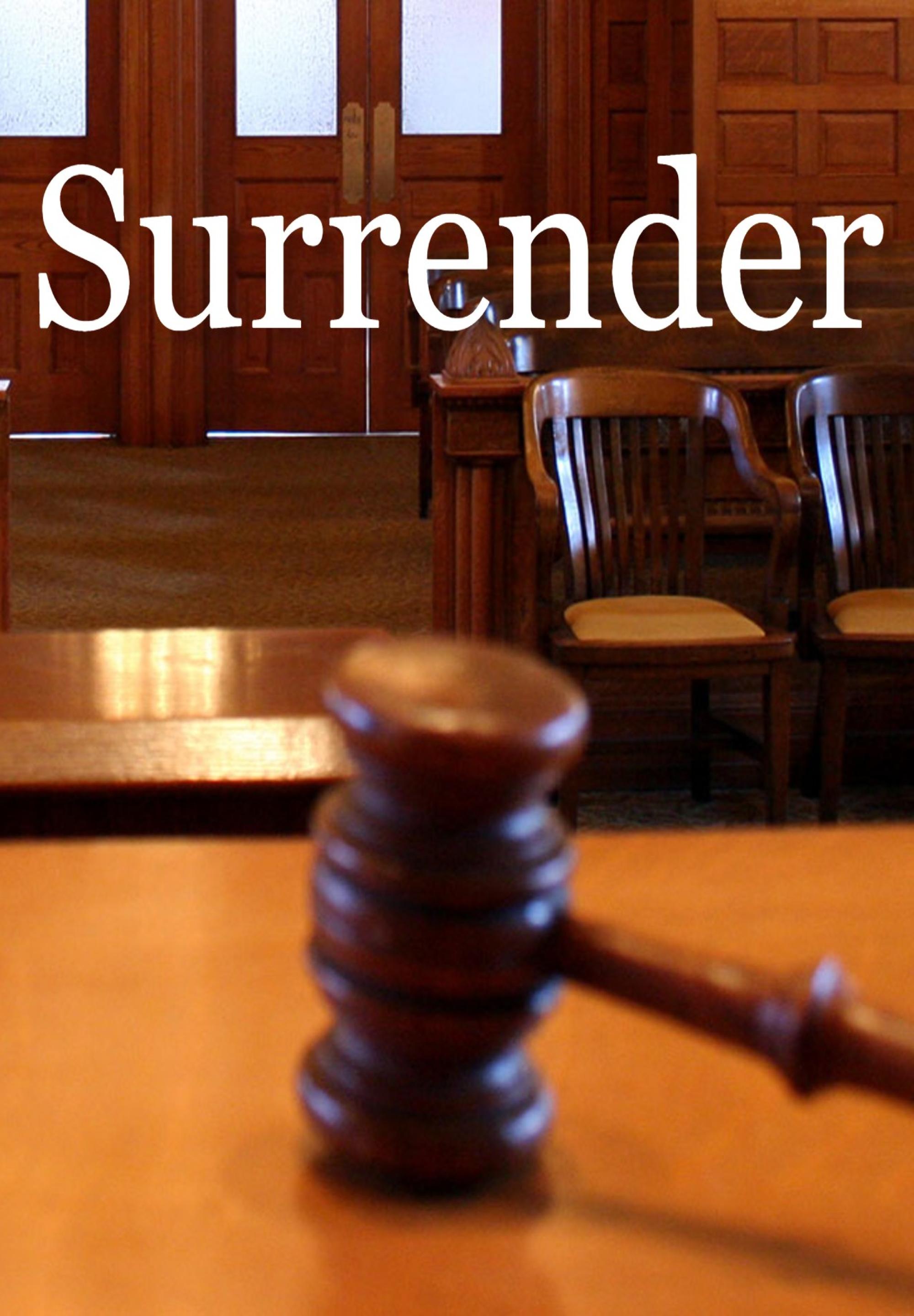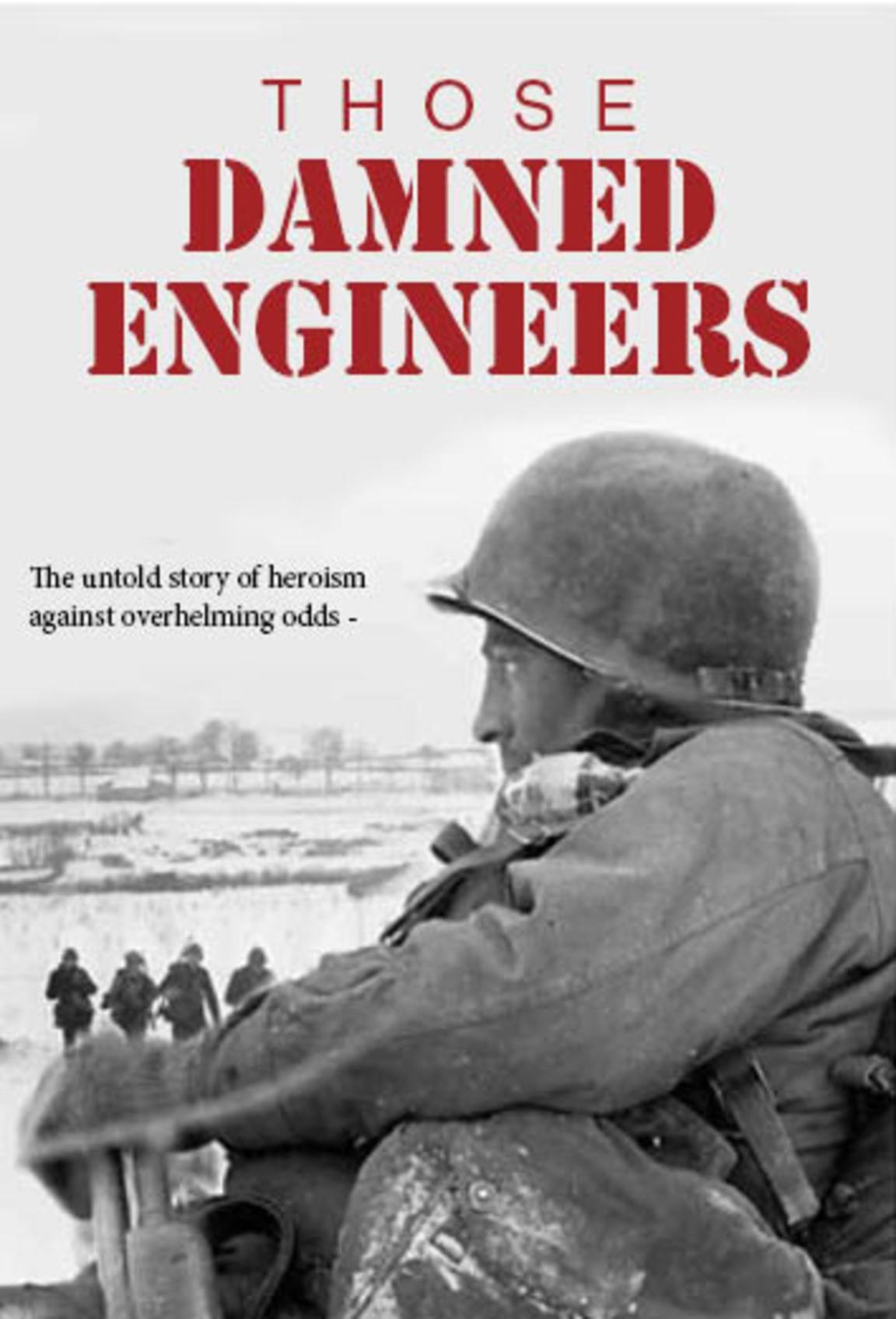
Synopsis/Details
At the end of the Civil War, Confederate Commander ROBERT E. LEE attends the US Senate’s committee hearings to decide whether to admit the Southern Confederate states back into the Union. As Lee participates, he grapples with the painful, soul-searching process of making peace with the horrors of war, while reuniting the North with the nation. SURRENDER captures the tension, conflict, and suspense of the Senate hearing through the view of heightened emotions of a courtroom drama.
Robert E. Lee is a complex tragic figure and the script takes aninsightful and sensitive look at his feelings about war, freeing of the slaves, and reunification.
In 1865 as the Civil War closes, Lee and his men are weary, with low morale. Lee’s especially devastated and haunted by the shocking death of young boy soldier.
The following year (1866), the US Senate prepares a hearing to decide whether to accept the Southern states back into the Union and how to go about this difficult process. Two key issues remain to readmitthe states: Ratification of the Thirteenth Amendment(freeing the slaves), and the Fourteenth Amendment(granting freed slaves citizenship and the right to vote). Although ratification of the Thirteenth Amendment is a foregone conclusion (the slaves have been freed); the Fourteenth is not. The States have the ability to put restrictions on the new law. There is only one man who can convince the states governments to honor the full measures and guarantees of the new Amendment and that is Robert E. Lee – revered by the South and also holds the morale stature to make it work.
Lee is subpoenaedand fearing for his safety and while in Washington, General Ulysses S. Grant assigns a Black Sergeant MACK REYNOLDS for his protection; a hardened veteran who endured many battles and witnessed atrocities committed by the Rebels mainly on Black soldiers trying to give up.
Their journey begins in Lexington, Virginia where Lee lives near poverty in a boarding house with his wife. Mack convinces a hesitant Lee that Grant has reassured he is there solely for his protection and to serve as his escort.
As they take the train to Washington D.C., a group of KKK men on horses ride outside the train and drag a dead body behind them. Lee gazes at them in disbelief as they entreat Lee to call to arms as they ride off into the night. Mack is disgusted with Lee and calls him a barbarian. Lee denies any involvement and does not condone their actions.
Similar to a trial in format, the hearing is presided over by Maine Republican WILLIAM FESSSENDEN, who plays a “judge” of sorts. Northern senator JACOB HOWARD, who sincerely wants the Southern states but knows it will be a challenge, and Democrat HOWARD BLOW, feel Lee is the key to their success.
Leading the opposition is THADEUS STEVENS, who angrily wants to deny the Southern statehood as he doesn’t believe the South will allow freed slaves true equality.
After Lee arrives in Washington, he meets Howard who tries to gauge Lee’s emotional state and get a feel of his attitude towards the Committee and the Amendment. But Lee is haunted by the War and when Howard presses him with questions, Lee suffers a panic attack. Howard warns Lee that the trial will be much worse on him emotionally.
As the hearings proceed, a parade of the most prominent military players are brought to the stand, both Union and Confederate.
Lee, scheduled to testify last, is haunted by the horrors of war, plagued by hallucinations of fallen soldiers, particularly the young boy who’d died in front of him.In one instance, Lee has a nightmare about the battle in which Bobby was lost and Mack finds him curled up on the floor in his hotel room crying. Mack’s opinion towards him softens.
After the first day, Lee’s is confronted by angry Northerners who spit on his shoe and into Mack’s face for protecting him. Mack begins to realize that discrimination runs rampant in both the North and South.This is confirmed in the following day’s testimony when General Sherman affirms the North’s sole purpose for engaging in war effort was to preserve the Union and not slavery. Stevens is stunned by Sherman’s own sentiments that the South is no longer a threat and should be allowed back into the Union.
Howard is also thrown off by this callousness and further put aback when confronted by Grant demanding him to not put Lee on the stand. Grant feels it’s not necessary and that Lee is too weak.
Howard decides to go see President Johnson who tells him the states have the right to enforce the Fourteenth amendment any way they see fit and all he wants is to get the states readmitted so the country can put the war behind them and move on. Howard realizes the Committee hearing was a formality with no real meaning at all.
After conferring with Blow, it is determined the stakes are higher and the only way to turn this around and ensure freed slaves get equal rights is to get Lee to admit publically the states will honor the Fourteenth amendment and all its precepts.
Fearing Lee is too stuck in the past, Blow agrees to see Lee one more time before appears before the committee.Blow tries to convince Lee he needs to make a moral stand. Mack agrees telling him that’s the only way he’ll have closure and redemption.
The next day before the hearing begins, Howard argues with Stevens outside the chamber and hopes to convince him to go easy and that he can guide Lee to do the right thing. Stevens has none of this and storms away.
Stevens hammers Leeand accuses him of being a traitor. Lee adamantly denies any form of treason trying to convince him he was a patriot and the North was the instigator of a war that should have never happened.
Stevens begins to see the truth in Howard’s argument and allows Howard to continue the examination. Howard tries to get Lee to admit remorse and agree that the freed slaves should have true equality. But again Lee’s stubborn pride disappoints many people, including Mack, when he cautiously calls for a gradual emancipation, and not immediately grant Black men the right to vote. With Mack in front to witness the testimony, Lee continues that slavery was a dying institution; Blow tells Lee his entire army died for a mistake. As Lee struggles, an apparition of the young soldier appears in the courtroom. Mack takes over and tells Lee the war was painful for everyone, nobody was without blame, and to make it right is to make sure the Fourteenth Amendment is adhered to. Lee keeps his head bowed and cries but cannot bring himself to say he was wrong. It is a bittersweet ending one that could have ultimately been one of the greatest victories Lee ever achieved but he could not make that leap.
Story & Logistics
Story Type:
Set Mission
Story Situation:
Remorse
Story Conclusion:
Bitter-sweet
Linear Structure:
Linear
Moral Affections:
Dereliction of Duty
Special Effects:
Minor pyrotechnics
Characters
Lead Role Ages:
Male over 45
Hero Type:
Legendary
Villian Type:
Authority Figure
Stock Character Types:
Wise old man






